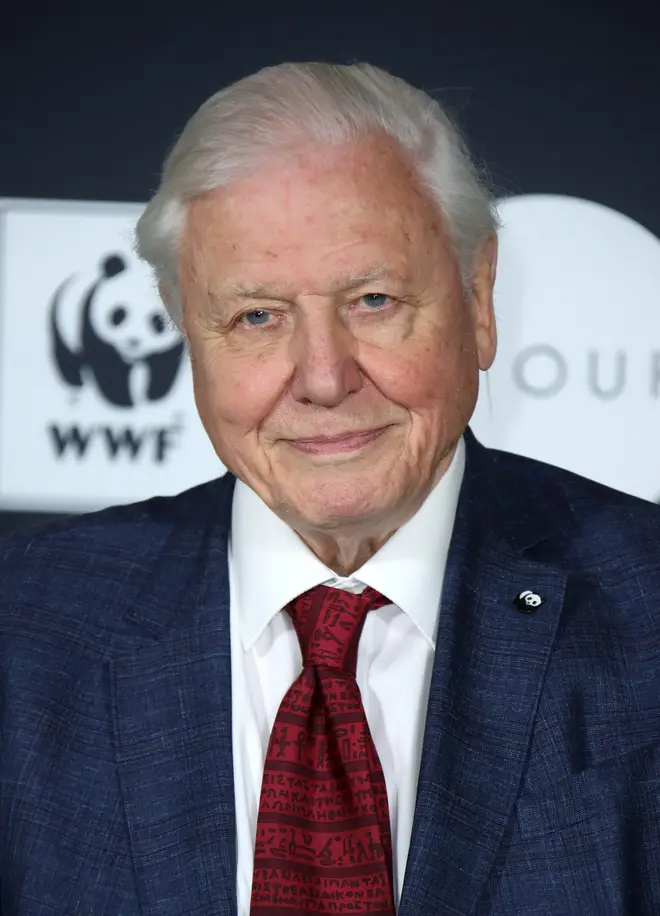On Air Now
Heart's Club Classics with Pandora Christie 7pm - 11pm
16 November 2018, 12:09 | Updated: 16 November 2018, 12:42

The legendary documentary maker, 92, stressed the importance of reflecting the harsh 'tragedy' of nature.
Sir David Attenborough has explained why he doesn't let his team of filmmakers intervene and save dying animals.
It comes ahead of scenes in this weekend's episode of Dynasties where producers helped save a group of penguins, because it was a rare scenario that wouldn't impact other animals.
Citing an example when a wildebeest calf was chased by a hungry leopard, Sir David, 92, explained: "What do you do?
"Suppose you did something that frightened the leopard off, the fawn would be disorientated and would probably not even be able to find its way home, so it is likely to die.
"The leopard would go off and have to find another fawn and it is likely to have problems with its cubs."
Read more: Christmas events featuring live reindeers are cancelled after abuse footage
Sir David added: "So you make things infinitely worse. Sometimes a problem is more complicated than it seems. I watched something which was absolutely agonising - a small baby elephant that was dying of thirst and the whole family was several days from water.
"This poor little thing was dying and you think, why didn't you give it a bucket of water? But you're in the desert and you don't have a bucket of water and the thing is very close to death and has to walk for another three days if it was going to get to water, so all you're doing is prolonging the death.
"All you can do there is watch tragedy. But tragedy is part of life and you have to show it. You can't have sunshine throughout your life."
Read more: David Attenborough urges fans to 'save the bees' with cute teaspoon gesture
Fans of David Attenborough's latest BBC series, Dynastis, are set for heartbreak as news broke that alpha chimpanzee David has passed away.
The first episode of the series saw David reclaim his place as the dominant member of the pack, but after cameras stopped rolling he was attacked by rival chimps.

His tragic death was confirmed by Dr Jill Pruetz, an anthropologist and primatologist who has spent two decades studying David and his group.
She told The Independent: "David died last February or March, about seven days after being severely injured by what we think were many of the younger adult males in the group."